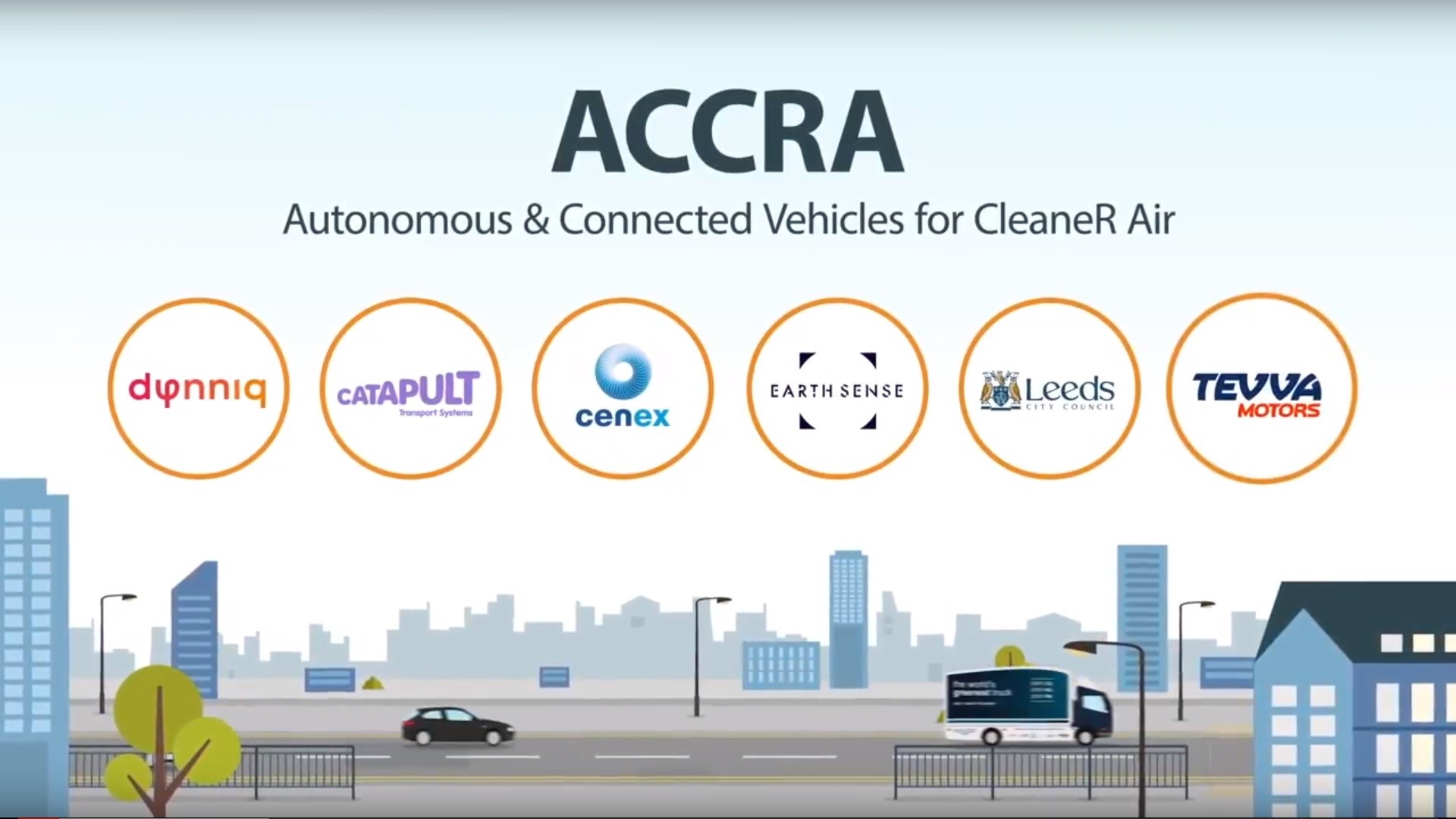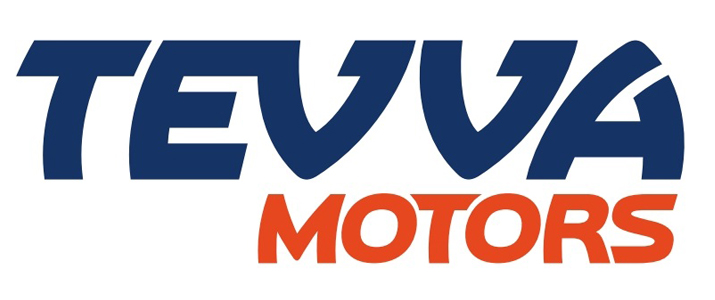
Autonomous and Connected vehicles for CleaneR Air (ACCRA)
Case Study
Project ACCRA (Autonomous and Connected vehicles for CleaneR Air) uses Connected Autonomous Vehicle (CAV) technology to address one of the most pressing public health issues affecting urban areas across the UK, Europe and worldwide – air quality.
The Challenge
Use smart city technology to improve air quality in urban areas by developing a system capable of remotely controlling a hybrid vehicle’s energy system, ensuring it is switched to a zero-emission drive whilst in a designated “Dynamic Control Zone”.
The Development
These “Dynamic Control Zones” were identified using the ACCRA system – with areas being classified as breaching, or likely to breach, air quality limits prescribed by the operator; likely the local authority. The system was demonstrated in Leeds and the project findings used to assess the applicability and capability of the system to support the proposed 2020 Leeds Clean Air Zone (CAZ).
The Results
The ACCRA system was developed and tested within a 12-month timeframe. It proved that connecting vehicles to cities is possible and there are many capabilities that can be built from this to help improve air quality.
ACCRA develops the products and communication protocols, enabling data transfer between plug-in vehicles and air quality sensors to a Decision-Making Engine (DME). The DME, manages and controls where and how long zero-emission technology of both, plug-in hybrid and range-extended hybrid vehicles operate within the city.






